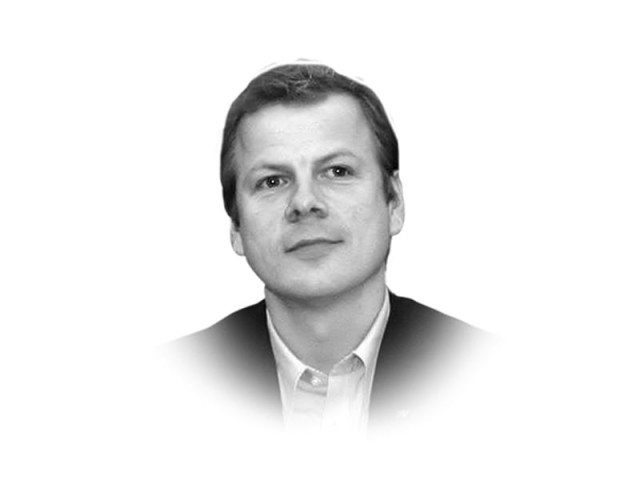Our children’s grandchildren’s world
We must ensure that the world we leave our children’s grandchildren has food, electricity, fuel, climate.

We need to find ways of making growth sustainable. We also need to distribute revenues more equitably as countries become richer. At the moment, every fifth person worldwide lacks access to electricity. Twice as many — three billion people — have to gather fuel to cook their food and heat their homes. The smoke from inefficient stoves is harmful and claims the lives of nearly two million people every year. This is unsustainable.
In the rich part of the world, we waste electricity and use more than our fair share of the planet’s energy resources. We can halve our electricity consumption use by 2040, if we improve the energy efficiency of buildings and at the same time live more comfortably and reduce our electricity bills because the consequences for those who come after us will be far more serious.
Pakistan is extremely vulnerable to climate change. The glacial melt and the monsoons overlap in a three month summer period providing the irrigation water needed for the arid country, but also, dangerously raising the risk of flash floods in the rivers. The dense population base, of more than 180 million, that resides along these flood plains is directly impacted and this reinforces the country’s vulnerability.
Food is another key area. According to UN figures, about a third of all food is thrown away or destroyed. Every one of us in the rich part of the world throws away an average of 100kg of food a year. Even in poor countries, a good deal of food is wasted, partly because of poor roads and inadequate storage facilities. If we are to feed all the children in the world properly, we must make some major changes.
These are some of the issues we will be discussing in Rio. Governments, NGOs, researchers and representatives of the business sector from all over the world will work together to identify opportunities. We all agree that the way we are living today is not sustainable. But it is much more difficult to find solutions that everyone can agree on because the key is more equitable distribution.
But this is far from enough. The financial crisis and the elections in a number of key countries, is deflecting the attention of politicians and the general public towards domestic problems and short-term prospects. Rio+20 reminds us that the most serious challenges require the ability to think along new lines. World leaders need to cooperate more closely. We must create the political will needed to ensure that Rio+20 is a milestone towards sustainable development.
In the worst case, Rio+20 will be too much talk and not enough action. The pessimists are already pointing out that the UN has been unable to resolve major global problems on several occasions. But the UN is the only arena where all the countries of the world come together to address these issues. We must ensure that the world we leave to our children’s grandchildren is a place where everyone can afford to take part. That will require bold decisions at Rio+20 and in the coming years.
Published In The Express Tribune, June 6th, 2012.















COMMENTS
Comments are moderated and generally will be posted if they are on-topic and not abusive.
For more information, please see our Comments FAQ